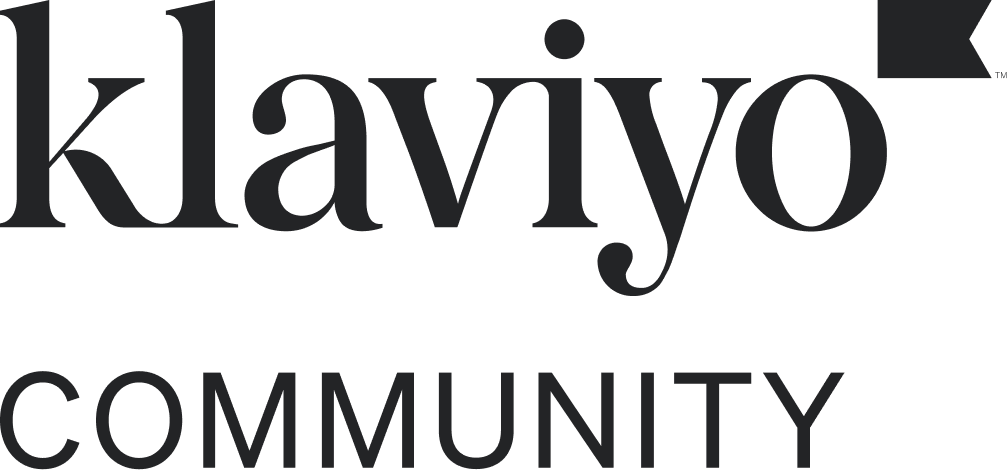Strategic Management: The DNP Cycle of Planning and Quality Improvement
The ability to lead strategic change is fundamental to the DNP role in modern healthcare. Ensuring organizational sustainability and superior patient outcomes requires moving beyond clinical expertise to embrace a rigorous, evidence-based management cycle. This cycle involves three distinct, integrated phases: comprehensive strategic appraisal, meticulous departmental planning, and targeted quality execution.
1. The Starting Line: Strategic Appraisal and Data Validation
Every effective transformation must begin with a clear, honest assessment of the institution's existing strategic plan and organizational capabilities. This appraisal serves as an audit, verifying that long-term goals are logically supported by current realities and credible evidence. The DNP leader must first confirm that the strategy employs a holistic measurement framework, such as the Balanced Scorecard, ensuring targets address not just finance, but also customer satisfaction, internal process efficiency, and workforce learning and growth.
A crucial function of this phase is data and methodology validation. Leaders must scrutinize the sources of the baseline data—from peer rankings and financial reports to patient satisfaction scores—to ensure their reliability and accuracy. Flawed data leads to a flawed strategy. Furthermore, the appraisal must confirm that robust stakeholder engagement processes were used to develop the plan, securing the commitment necessary for widespread acceptance. The requirements of NURS FPX 8020 Assessment 1 mandate this comprehensive system-level evaluation, establishing the verifiable facts and figures upon which all subsequent planning relies.
2. The Midpoint: Developing Aligned Departmental Priorities
Once the institutional strategy is validated, the focus shifts to the operational level. The DNP leader must translate the high-level organizational vision into a detailed, four-part departmental strategic plan. This plan outlines specific, measurable priorities for a clinical unit, aligning one objective with each domain of the Balanced Scorecard.
Successful departmental planning hinges on absolute strategic alignment. For instance, a departmental goal to cut unnecessary supply costs (Financial) must be shown to support the system-wide goal of enhanced economic stability. This phase also necessitates a realistic assessment of the organizational context. The leader must identify critical organizational policies (e.g., rigid approval hierarchies, specific clinical protocols) and power structures (both formal management and informal clinical influence) that will either facilitate or impede the successful implementation of the new priorities. The systematic development of this aligned, four-pronged departmental strategy, alongside the critical analysis of policy and political barriers, is the core objective of NURS FPX 8020 Assessment 2.
3. The Finish Line: Execution via Quality Improvement
The final phase is the active implementation of strategic intent through a Quality Improvement (QI) proposal. The DNP leader takes one of the key departmental strategic priorities—for example, reducing delays in discharge planning—and develops a detailed intervention to address the problem. This phase transforms theoretical planning into tangible clinical improvement.
The QI proposal must be actionable and accountable. It requires establishing clear, quantifiable Key Performance Indicators (KPIs) that directly track the project's progress against the initial strategic goal, ensuring measurable results. Furthermore, the plan must detail a method for continuous stakeholder collaboration, outlining how feedback from staff and patients will be systematically gathered and utilized to refine the new process and ensure long-term sustainment. This formal exercise of designing, detailing, and presenting a high-level, evidence-based QI proposal, complete with KPIs and a change management strategy, is the concluding requirement of NURS FPX 8020 Assessment 3. By completing this strategic cycle, DNP leaders guarantee that their work drives genuine, measurable transformation across the healthcare organization.



